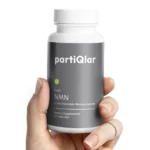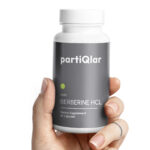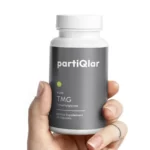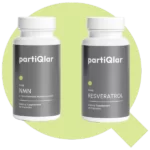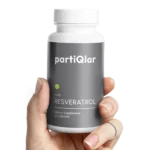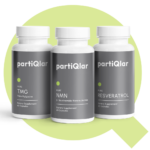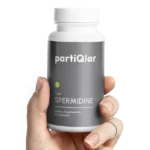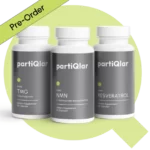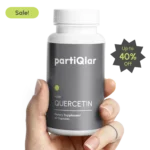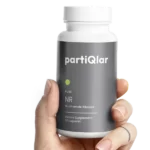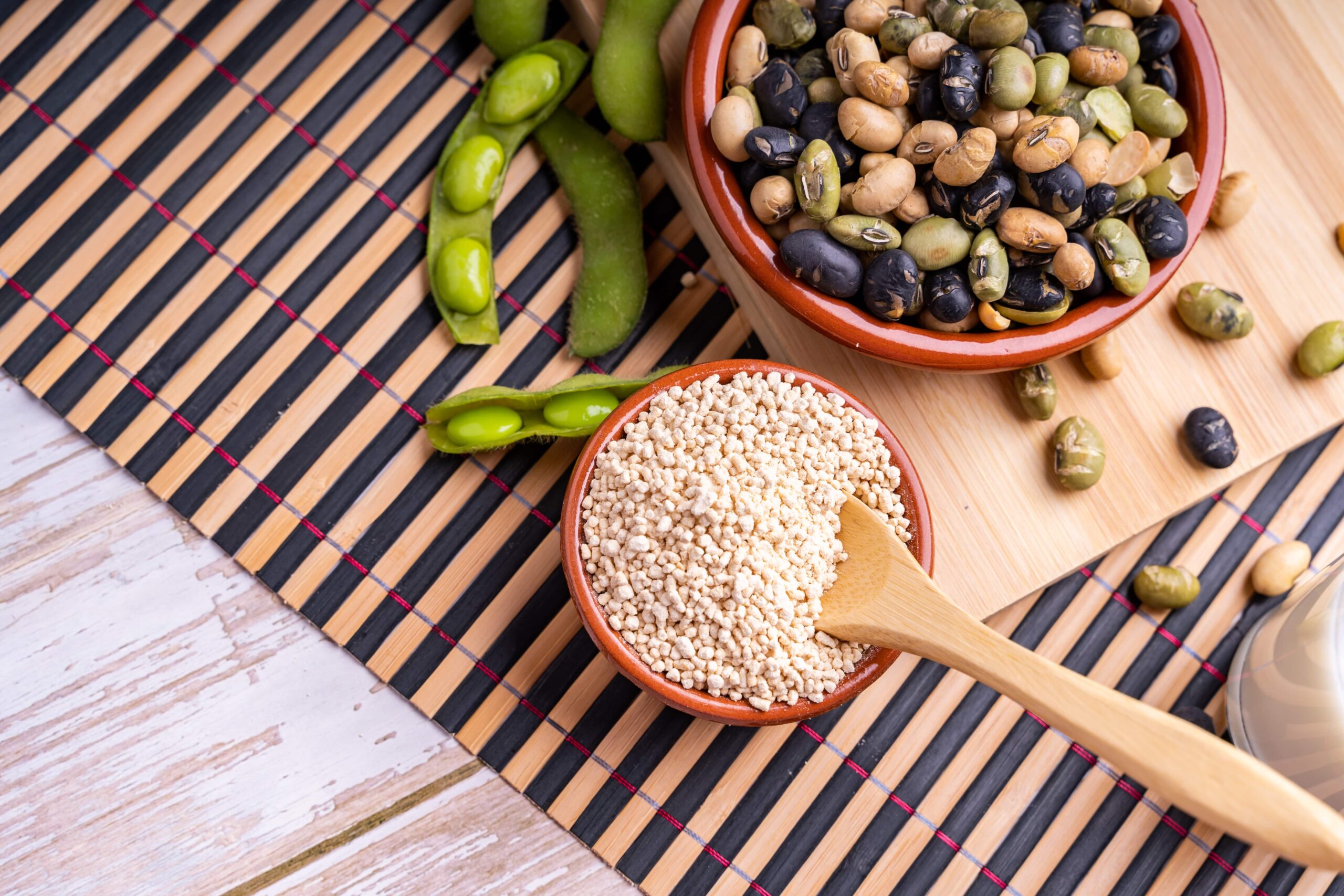Discover habits linked to a long and healthy life. Learn about the simple changes you can make to your daily routine to improve your physical and mental health.
The secret to a longer life is not a myth, nor is it highly dependent on genetics, as is popularly believed. The key to increasing your life span is a cumulation of habits backed by scientific data that improve your overall physical and mental health. Here are the seven habits you need to adopt to make sure you live a long and healthy life.
Stop Smoking
Smoking is the leading cause of death, preventable disease, and disabilities in adults in the US. As an active smoker, you are predisposed to multiple types of cancers, including but not limited to cancers of the lungs, liver, colon, cervix, and Acute Myeloid Leukemia (AML), among others. In addition, you are three times more likely to die early than your non-smoking peers.
However, all hope is not lost; quitting the habit is possible. One study revealed that if you quit smoking before age 35, you can enjoy up to an extra 8.5 years added to your life. This is because you will now have a reduced risk of smoking-related heart disease and cancers.
Beyond greatly increasing your life expectancy, quitting smoking will have you experiencing a better quality of life through minor changes, like the return of your sense of smell and taste, and major changes, like reduced financial expenses.
Reduce Your Alcohol Intake
When an occasional drink becomes a necessity, you should know you are at high risk of liver and pancreatic diseases, cardiovascular diseases, and diabetes, just to name a few chronic illnesses. Ultimately, excessive consumption of alcohol reduces your quality of life and life expectancy. If you consume approximately 25 drinks or more in a week, you are reducing your life expectancy by up to five years, according to a 2018 study.
While quitting cold turkey is not recommended, especially without professional medical help, it is possible to reduce your alcohol intake and enjoy numerous health benefits. These benefits include an improved immune system and better sleep patterns.
Here are five tips to help you reduce your alcohol intake and enjoy a longer life:
- Share your plan to reduce your alcohol intake — your friends and family will be the community that supports and holds you accountable.
- Opt for a smaller size — enjoy your favorite drink but in a smaller glass.
- Opt for an alternative drink — swap your strong alcoholic drink for one with a lower alcohol percentage.
- Set a weekly drinking budget — once depleted, you will wait until the next week to consume alcohol.
- Politely decline — you don’t have to accept every drink offer. It’s okay to decline and meet your goal of consuming less alcohol.
Our Products
Eat Healthy Plant Foods
It is not enough to just extend your lifespan; the ultimate goal is an extended lifespan with improved health. Studies have associated adherence to plant-rich diets with reduced mortality rates. Healthy plant foods supply the body with nutrients and antioxidants such as vitamins, ascorbic acid, and polyphenols.
These foods play a critical role in protecting your body’s tissues and reducing your risk of cancer, heart disease, and neurodegenerative diseases. The consumption of vegetable-heavy diets rewards you with an extensive healthy life span.
A PLOS Medicine study reports that enriching your meals with more vegetables, legumes, and fruits and reducing your intake of red and processed meats could extend your lifespan by 10 to 13 years.
Exercise Regularly
Adults are recommended to engage in at least 150 minutes of physical activity weekly to slow down the aging of cells. These physical activities can range from moderate to vigorous intensity and include workouts, walks, gardening, swimming, etc. Besides, following and exceeding this recommendation can see you get a 28%-35% smaller risk of premature death.
Some of the major health benefits of regular physical activity include:
- Reduced risk of developing some common cancers such as stomach, kidney, colon, and lung cancers.
- Strengthened bones and muscles help you sustain good mobility as you age and experience a decrease in muscle mass and muscle strength.
- Reduced risk of suffering from cardiovascular diseases and developing type 2 diabetes.
- Improved brain health contributes to reduced depressed moods, reduced risk of dementia, and better sleep quality.
When it comes to exercising regularly, age, size, disabilities, or shape should not hold you back — even as little as 15 minutes of physical activity daily can increase your lifespan by 3 years or more.
Manage Stress And Anxiety
Research by the Finnish Institute for Health and Welfare reported that being under heavy stress can reduce your lifespan by up to 2.8 years. Stress and anxiety impact not only your mental health but your physical health as well. Failure to manage your stress and anxiety will make you more prone to a stroke or heart disease.
While stress and anxiety are unavoidable in life, here are five simple tips you can employ to manage them:
- Make time to relax and unwind regularly — you can do so through activities you like, such as board games, puzzles, etc.
- Keep a journal — to express your thoughts and help you identify what may be causing you stress or anxiety and develop a plan to work through the issue.
- Seek human connection — whether it’s from family, friends, or faith-based communities, and socialize and share about what is going on in your life. Social isolation poses as many health risks as smoking 15 cigarettes daily.
- Practice self-care — by doing your best to stay physically and mentally healthy, prioritizing sleep, taking breaks when necessary, engaging in regular physical activities, and seeking help when in need.
- Employ stress management and relaxation techniques — such as yoga, aromatherapy, visualization, meditation, messages, etc.
Healthy Sleep
Experiencing healthy sleep refers to getting the right amount of sleep — not too much and not too little. Consistently sleeping for too long (over 9 hours a night) can increase your chance of premature death, while consistently not getting enough sleep (less than 5 hours a night) increases your it by 12%.
Not getting enough sleep has been proven to impair your immune function — the biggest functions of sleep are to help cell regulation in your body and facilitate healing. Furthermore, lack of sleep puts you at risk of developing obesity, diabetes, and cardiovascular diseases.
On the other hand, excessive sleeping negatively impacts your mental health and puts you at a greater risk of suffering a stroke. Overall, having a regular pattern of uninterrupted sleep (ideally 7-8 hours) will increase your lifespan.
Supplements
Even with the consumption of many healthy plant foods, you need to boost your body with vitamin, mineral, and protein nutrients from supplements as you grow older to increase your lifespan.
To ensure maximum well-being, you can take:
- Vitamin D and Calcium — for healthier, stronger bones to prevent falls, breaks, and fragility in movement.
- Omega-3 fish oil — to reduce inflammation in the body, prevent arthritis pain and promote brain health.
- Melatonin — to help regulate your sleeping patterns.
- Probiotics — to balance the bacteria in your gut, thus improving gut health and protecting you from stomach cancer.
- Glutathione — to enhance your body’s ability to efficiently get rid of toxins, especially in old age.
- Nicotinamide mononucleotide (NMN) — to repair age-related DNA damage, support the immune system, improve metabolism, and more.
- Qercetin – to get rid of senescent cells – senescent cells are viewed as a hallmark of aging because they can inhibit the proper function of the surrounding tissue. Removal of these cells can rejuvenate the tissues and, therefore, contribute to longevity.
While you may not have power over death, thanks to science, these seven habits can be your roadmap to a long, healthy life.
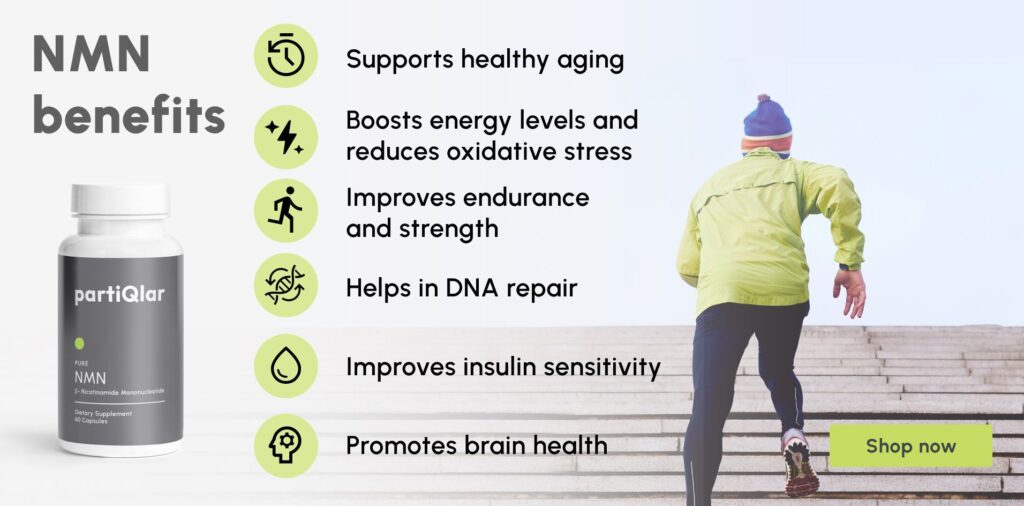
Read more
Explore how Apigenin can enhance sleep quality and promote healthy aging with its wide range of health benefits. Integrate Apigenin into your Sleep Cocktail to enjoy deeper, more restful sleep and support your overall well-being.
Vitamins do not possess the ability to stop the natural aging process, they can undoubtedly play a crucial role in supporting healthy aging or even slowing it down. So, when considering what should be included in your anti-aging strategy – vitamins cannot be missed.
Is it possible to get enough NMN from natural food sources to increase NAD+ levels. To answer this question we will review different types of food with the highest amount of NMN: Edamame, Avocado and Broccoli.


